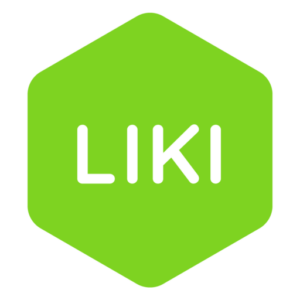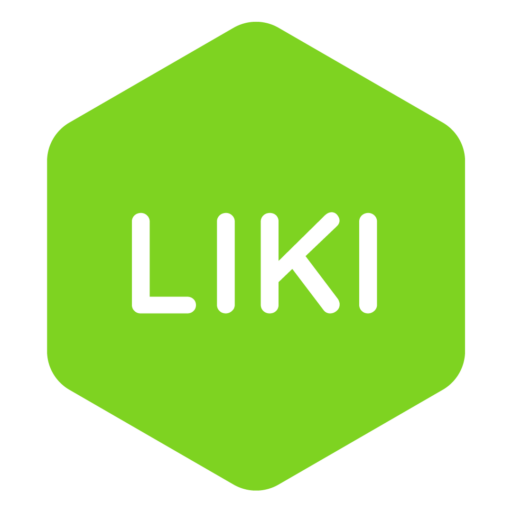Case study
E-Health Service Saving lives with software solutions
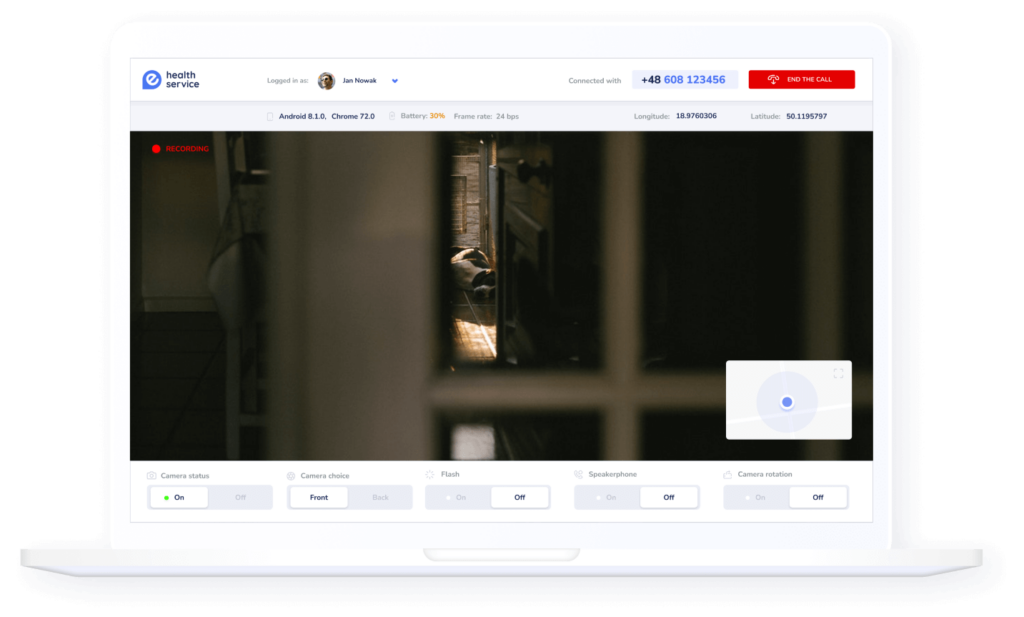
Project at a glance
Our society has never been so connected, thanks to the widespread smartphone adoption. Together with the RAMSES consortium, we’ve used the functionality of modern mobile phones to provide better assistance in health crises.
Having remote access to bystanders’ devices with up-to-date video, audio, and GPS information, emergency services are able to react faster and provide medical care in a more effective way.
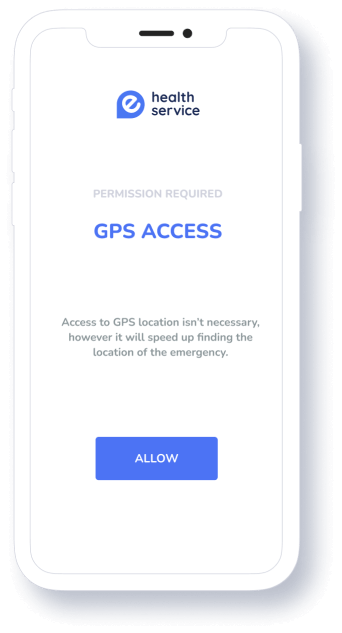
Short Overview
Ramses is an independent module of ECS (Emergency Communication System), which gives the possibility for communication with the bystander (person who reports the accident) and enables;
- Getting access to the GPS location of the bystander
- Sending picture/video streaming from the place of the accident via mobile camera
- Remote control of the bystander’s phone
- Transferring the vital signs
- Integrating third systems via API
Ramses can be also used in other daily-life situations, such as:
- As a notification system and a way to register the events by insurance companies
- As the support and medical e-consultation for the elderly people, disabled, and children
- As a supporting system for the hotline
- As an additional module for the ECS platform
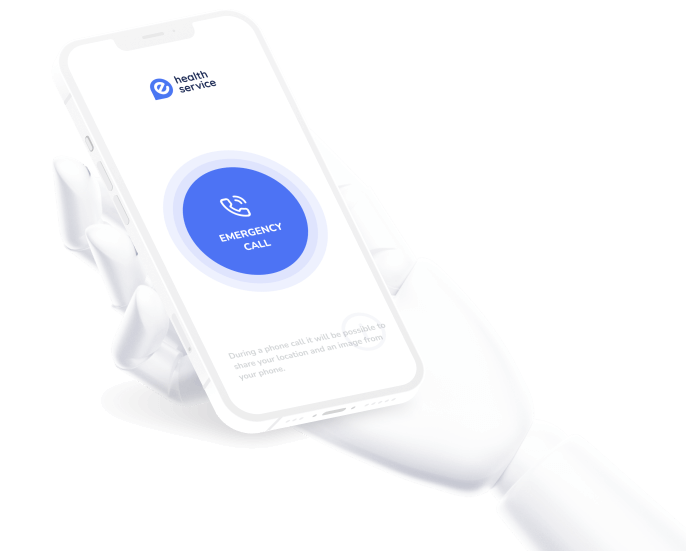
Short Overview
As a member of the consortium, we’ve gained wide expertise in leading eHealth practices. Our innovative solution was awarded the 1st prize during the Hackathon am Ring that took place in Nürburgring. Throughout the project and during the hackathon we had an opportunity to work on a panel for dispatcher service for the use of emergency centers. On another hand, we’ve also participated in the development of a mobile app to be used by people in an emergency. Taking into account the stress factor in situations of danger.
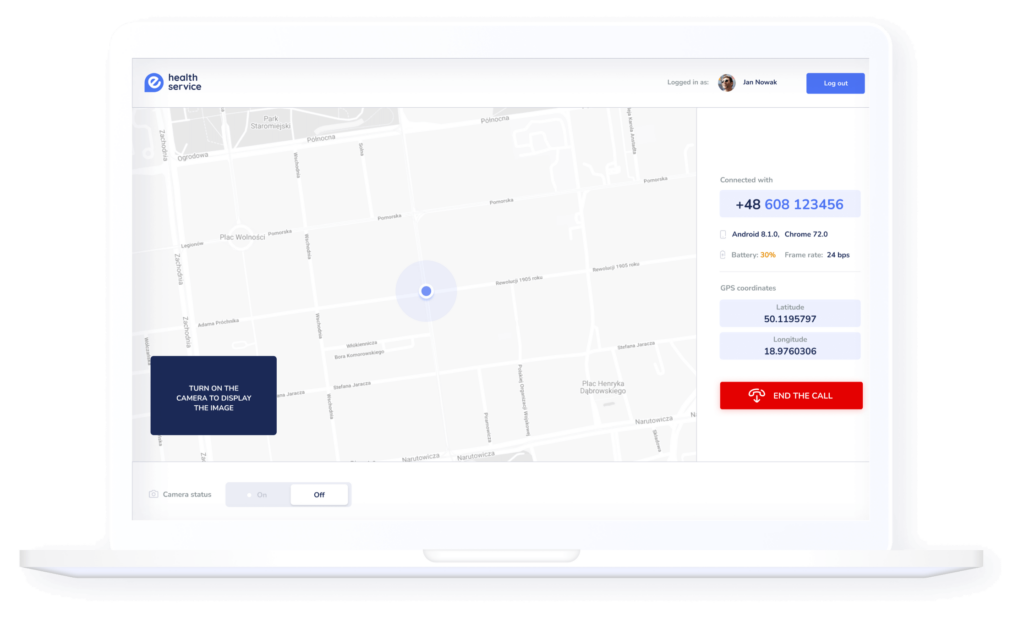
Short Overview
As a member of the consortium, we’ve gained wide expertise in leading eHealth practices. Our innovative solution was awarded the 1st prize during the Hackathon am Ring that took place in Nürburgring. Throughout the project and during the hackathon we had an opportunity to work on a panel for dispatcher service for the use of emergency centers. On another hand, we’ve also participated in the development of a mobile app to be used by people in an emergency. Taking into account the stress factor in situations of danger.
As a consortium member, we were cooperating with top European experts from the healthcare sector – cybersecurity institute KU Leuven, IMEC, the University Clinic Cologne (UKK), and the eHealth organization, amongst others. By uniting our common efforts, knowledge, and expertise we’ve created a solution for helping with the cause of 20% of all natural deaths in the EU – sudden cardiac arrest, along with other health crises.
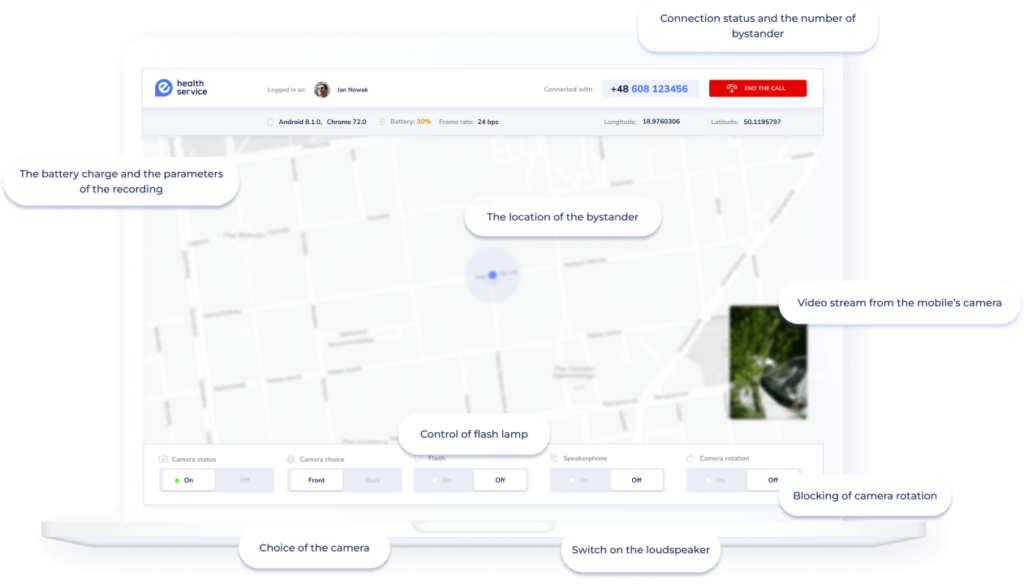
Our Partner said

Each stage of the project is done thoroughly and the client gets much more than they expected.
Their graphic designer was able to take our concept and quickly visualize it accurately.
It was effective cooperation, the whole management process was on the Liki side. They were responsive and flexible.
I truly love working with people from my team. We’re all passionated about every project we touch.
Their speed, knowledge, and professionalism are the keys to a successful ongoing partnership.
They’re always improving their work and project management.
Their engineers had good communication skills and engineering skills. They did well on taking tasks.
